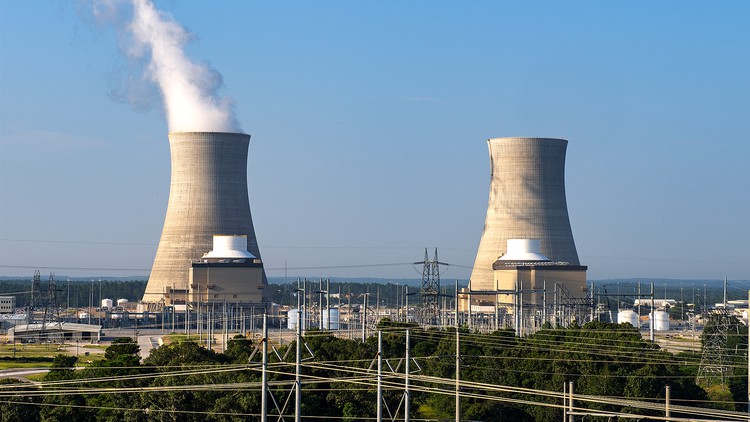
Nuclear Reactors and Power Plants: Understanding Energy Generation, Reactors, and Safety
What you will learn
Understand the fundamental science of nuclear energy
Analyze various types of nuclear reactors and their operational principles
Comprehend safety measures and regulations applied in nuclear power plants
Explore the complete nuclear fuel cycle
Assess the future potential of sustainable nuclear energy solutions
Description
Welcome to the world of nuclear energy! This comprehensive course will take you on a captivating journey through the fundamental principles of nuclear power, power plant operations, and nuclear reactor technology. Delve into the heart of atomic energy, where we’ll explore the intricate workings of nuclear reactions, atomic structure, and the release of boundless energy.
Throughout this course, you will study the following topics:
- The Science of Nuclear Energy: This includes gaining insights into atomic and subatomic particles, understanding nuclear forces, and exploring the concept of binding energy. Furthermore, you will learn about various nuclear reactions and how they lead to the release of immense energy, which is harnessed to generate electricity.
- Types of Nuclear Reactors and Their Working Principles: From Pressurized Water Reactors (PWR) to Boiling Water Reactors (BWR) and Fast Breeder Reactors (FBR), you’ll understand the diverse technologies that efficiently convert nuclear energy into electricity. Additionally, we’ll introduce you to advanced reactor concepts, such as Molten Salt Reactors and Gas-cooled Reactors, highlighting their potential contributions to the future of nuclear power.
- Safety and Regulation: In this section, you will delve into nuclear safety principles, risk assessment, and emergency shutdown procedures. You’ll also gain an understanding of the role of regulatory bodies in ensuring the secure and reliable operation of nuclear power plants.
- Nuclear Fuel Cycle and Waste Management: You’ll explore each stage, from uranium mining and enrichment to fuel fabrication and reactor fuel assemblies. Additionally, we will discuss the challenges and responsible practices associated with storing and disposing of spent nuclear fuel and radioactive waste.
- Sustainable Nuclear Energy: You’ll explore each stage, from uranium mining and enrichment to fuel fabrication and reactor fuel assemblies. Additionally, we will discuss the challenges and responsible practices associated with storing and disposing of spent nuclear fuel and radioactive waste.
Whether you’re an aspiring nuclear engineer, an energy enthusiast, or a curious learner eager to grasp the complexities of nuclear power, this course equips you with the knowledge and insights needed to appreciate the significant role nuclear energy plays in our modern world.
Join us on this educational odyssey, and together, we will demystify the fascinating world of nuclear energy, power plants, and nuclear reactors, unlocking the atom’s potential for a cleaner and more sustainable tomorrow.
Content